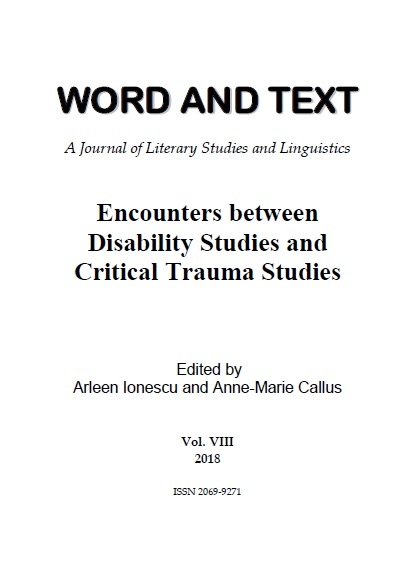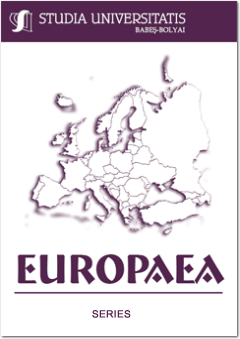
Invincible yet Vulnerable: Race, Disability and Trauma in South Africa after Oscar Pistorius
When the global sporting icon, Paralympian and Olympian Oscar Pistorius was accused of killing his girlfriend, Reeva Steenkamp on the morning of Valentine’s Day in 2013, one of his many defences was, simply put, that his disability made him do it. An expert witness for the defence made the connection between disability and violence that suggested that disabled people are particularly prone to ‘over-react’ as it were because they feel especially vulnerable. This defence provides the link between the two extremes claimed by Pistorius’s public persona, that of invincibility and vulnerability – extreme physical ability epitomized by sterling sporting prowess and fear of victimisation because of his physical limitation. The formula proposed by this defence is that extreme vulnerability results in extreme aggression. Here I want to analyse what this claim suggests about prevailing social attitudes toward disability and disabled people, particularly in post-apartheid South Africa – or more accurately in post-TRC (Truth and Reconciliation Commission) South Africa. In this article I propose that the corrosive legacy of TRC created rich ground for white victimization and popularised the medical model of trauma.
More...

